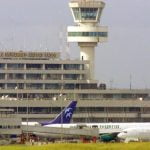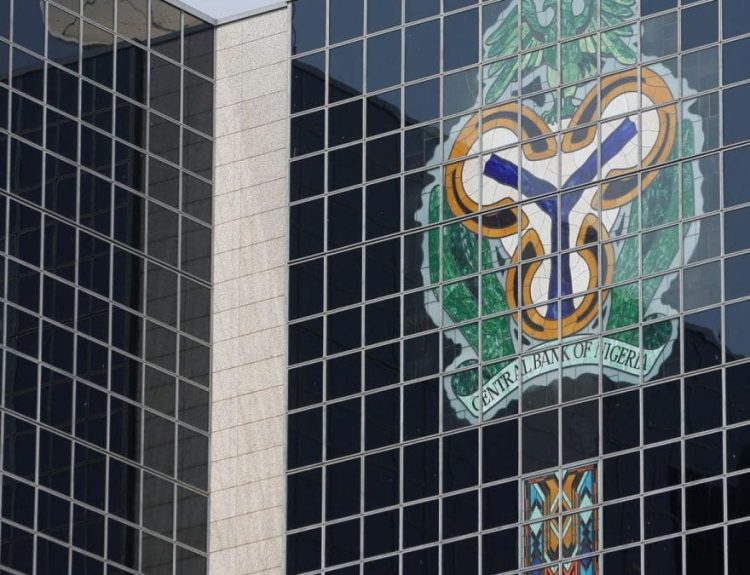The World Bank has revealed the alarming rate of poverty in states in the North-East, noting that severe climate crisis and conflict have diminished its development with poverty rates in the region as high as 70 percent.
A recent report titled, ‘The Lake Chad Regional Economic Memorandum: Development for Peace’, released by the bank on Monday revealed that the North-East and other regions around the Lake Chad basin are plagued by low human capital and poor access to basic services.
It said in the three decades, economic activities and household incomes have decreased by alarming proportions, leaving the region lagging in socio-economic development.
”Communities in the vicinity of the lake are lagging compared with the socio-economic standards in other parts of Cameroon, Chad, Niger, and Nigeria, which are already underperforming compared with other developing economies worldwide.
The report explained that in Nigeria’s North East, which flanks the lake to the southwest, poverty rates are estimated at over 70 per cent, almost double the rate in the rest of the country.
It observed that poverty rates in Adamawa and Yobe States are as high as 74 per cent and 70 per cent respectively, nearly twice as high as the rate in the rest of the country (38 per cent), saying that part of the gap is likely the result of the devastating impact of the Boko Haram conflict in Nigeria’s North East.
It explained that due to the activities of the Boko Haram terrorists in the region, about 2.7 million people had been displaced while 12.8 million people need humanitarian assistance, with North-East of Nigeria badly affected.
The report also observed that food insecurity is an increasing concern in the region, saying that between 2014 and 2019, the number of undernourished people found in northern Nigeria was five million.
The report revealed that only 59 per cent of Nigerians have access to electricity, stressing that the national average rate of access to electricity in Cameroon, Chad, Niger, and Nigeria is 62%, 8%, 14%, and 59% respectively, compared to an estimated 20%, 2%, 10%, and 38% in the Lake Chad region.



2 Comments